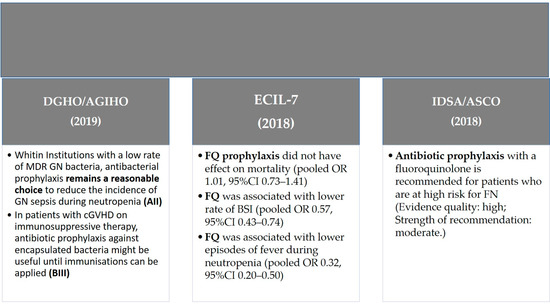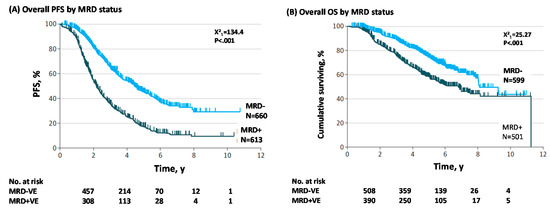Exclusive Papers of the Editorial Board Members (EBMs) of Hemato
A topical collection in Hemato (ISSN 2673-6357).
Viewed by 17651Editors
Interests: hematopathology; Hodgkin lymphoma; non Hodgkin lymphoma; HIV-associated lymphoma; virus-associated lymphoma; post-transplant lymphoma; pathology; immunohistochemistry; tumour microenvironment; telepathology
Special Issues, Collections and Topics in MDPI journals
Interests: myeloma; AL amyloidosis; monoclonal gammopathy of clinical significance; POEMS; transplantation
Special Issues, Collections and Topics in MDPI journals
Topical Collection Information
Dear Colleagues,
This Special Issue of Hemato is dedicated to recent advances in hematology, hematopathology, cellular biology, immunology, and molecular biology research areas and comprises a diverse selection of exclusive papers of the Editorial Board Members (EBMs) of Hemato. It focuses on highlighting recent interesting investigations conducted in the laboratories or clinics of our journal’s EBMs and represents our journal as an attractive open-access publishing platform for hematology-related research data.
Prof. Dr. Antonino Carbone
Dr. Laurent Garderet
Guest Editors
Manuscript Submission Information
Manuscripts should be submitted online at www.mdpi.com by registering and logging in to this website. Once you are registered, click here to go to the submission form. Manuscripts can be submitted until the deadline. All submissions that pass pre-check are peer-reviewed. Accepted papers will be published continuously in the journal (as soon as accepted) and will be listed together on the collection website. Research articles, review articles as well as short communications are invited. For planned papers, a title and short abstract (about 100 words) can be sent to the Editorial Office for announcement on this website.
Submitted manuscripts should not have been published previously, nor be under consideration for publication elsewhere (except conference proceedings papers). All manuscripts are thoroughly refereed through a single-blind peer-review process. A guide for authors and other relevant information for submission of manuscripts is available on the Instructions for Authors page. Hemato is an international peer-reviewed open access quarterly journal published by MDPI.
Please visit the Instructions for Authors page before submitting a manuscript. The Article Processing Charge (APC) for publication in this open access journal is 1000 CHF (Swiss Francs). Submitted papers should be well formatted and use good English. Authors may use MDPI's English editing service prior to publication or during author revisions.








